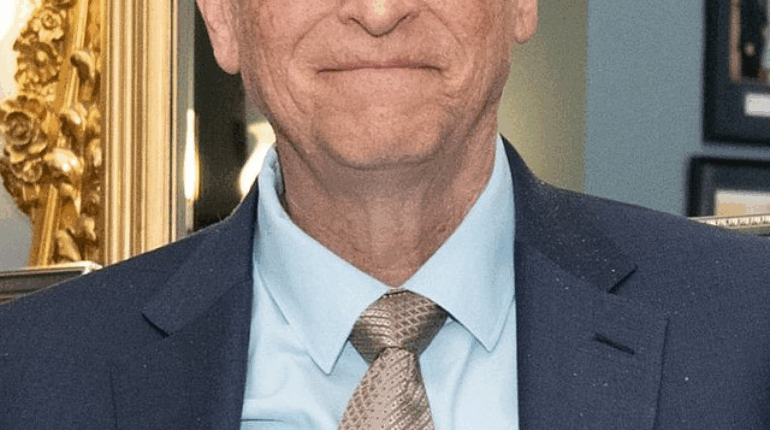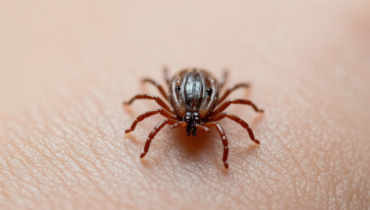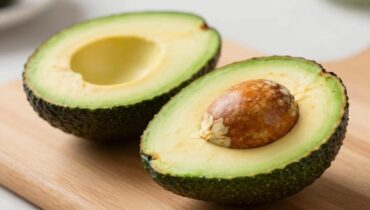📌 Bill Gates Reveals 3 Jobs AI Won’t Replace—At Least for Now

Posted 10 August 2025 by: Admin
Artificial intelligence is becoming a reality and reshaping sectors at an unprecedented pace. It’s no longer confined to science fiction. While some see AI as a groundbreaking innovation, others fear it could trigger mass job losses. Tech icon Bill Gates believes these concerns aren’t entirely unfounded.
Gates has warned that in the coming years, AI will automate roles across multiple industries, making certain jobs obsolete. However, he predicts that three professions are likely to remain safe—at least in the near future.
The Three Jobs AI Can’t Replace (Yet)
1. Coders: The Architects of AI
Ironically, the people most likely to keep their jobs are those building the very technology threatening others. While AI has made significant progress in writing code, it still lacks the precision, creativity, and deep problem-solving skills needed to develop complex software. Gates emphasizes that human programmers remain critical for refining, debugging, and innovating AI systems.
In short, coders possess a rare skill set that increases in value as AI evolves—because the technology still needs humans to design, manage, and improve it.
2. Energy Experts: The Guardians of Power
The energy sector’s complexity and scale are beyond AI’s full control. From nuclear power to renewable energy, industry professionals must navigate regulations, design sustainable strategies, and respond to unpredictable global demands. Human expertise remains irreplaceable in crisis management and high-stakes decision-making.
While AI can optimize analysis and efficiency, Gates insists that energy specialists are essential for steering the industry responsibly—for now.
3. Biologists: The Explorers of Life
Scientific breakthroughs still demand the creativity, intuition, and critical thinking that AI lacks. While AI can process massive datasets and assist in disease detection, it cannot formulate original theories or make groundbreaking discoveries. Gates sees biologists as vital partners to AI—using it as a tool rather than being replaced by it.
A Future Reshaped by AI
Gates acknowledges that his predictions could change, and AI’s influence on the workforce will likely evolve in unexpected ways—just as the internet and the Industrial Revolution transformed economies. For now, those in coding, energy, and biology can breathe easier. But for others, Gates suggests it may be time to upskill, innovate, and prepare for AI as both a collaborator and competitor.
Speaking on The Tonight Show, Gates warned that within a decade, AI could reach a point where most tasks no longer require human involvement. He highlighted its potential to revolutionize healthcare and education by making expert-level knowledge more accessible. His caution echoes the views of Microsoft AI CEO Mustafa Suleyman, who foresees AI replacing—not just assisting—human labor.
Despite acknowledging AI’s risks, such as bias, deepfakes, and misinformation, Gates remains hopeful about its ability to solve global challenges. From OpenAI’s milestone in passing an AP Biology exam to the accelerating pace of innovation, he urges young entrepreneurs to embrace AI’s potential while remaining mindful of its disruptive power.
Experts agree that jobs requiring creativity, emotional intelligence, and ethical judgment—such as therapists, artists, and legal professionals—will remain harder for AI to replace. Likewise, roles centered on human connection, like teaching and caregiving, are more likely to evolve alongside AI rather than disappear.
The key to the future lies not just in AI’s capabilities, but in how humans adapt, reskill, and redefine their roles in an increasingly automated world.




















